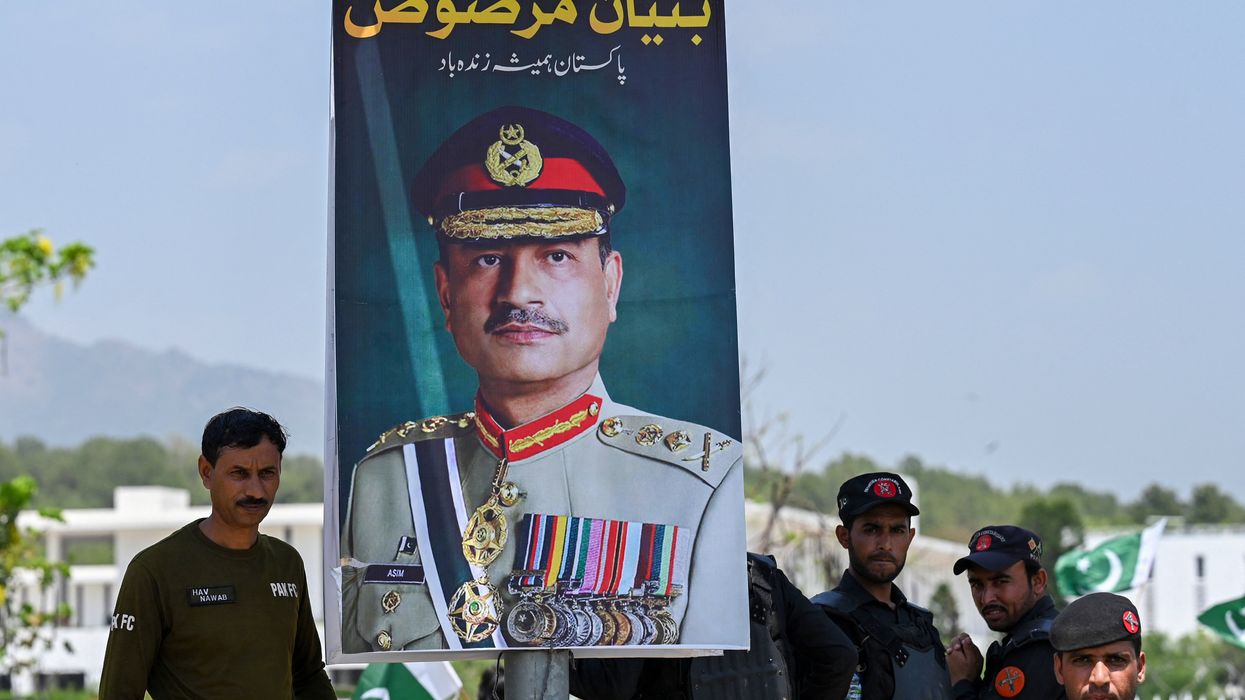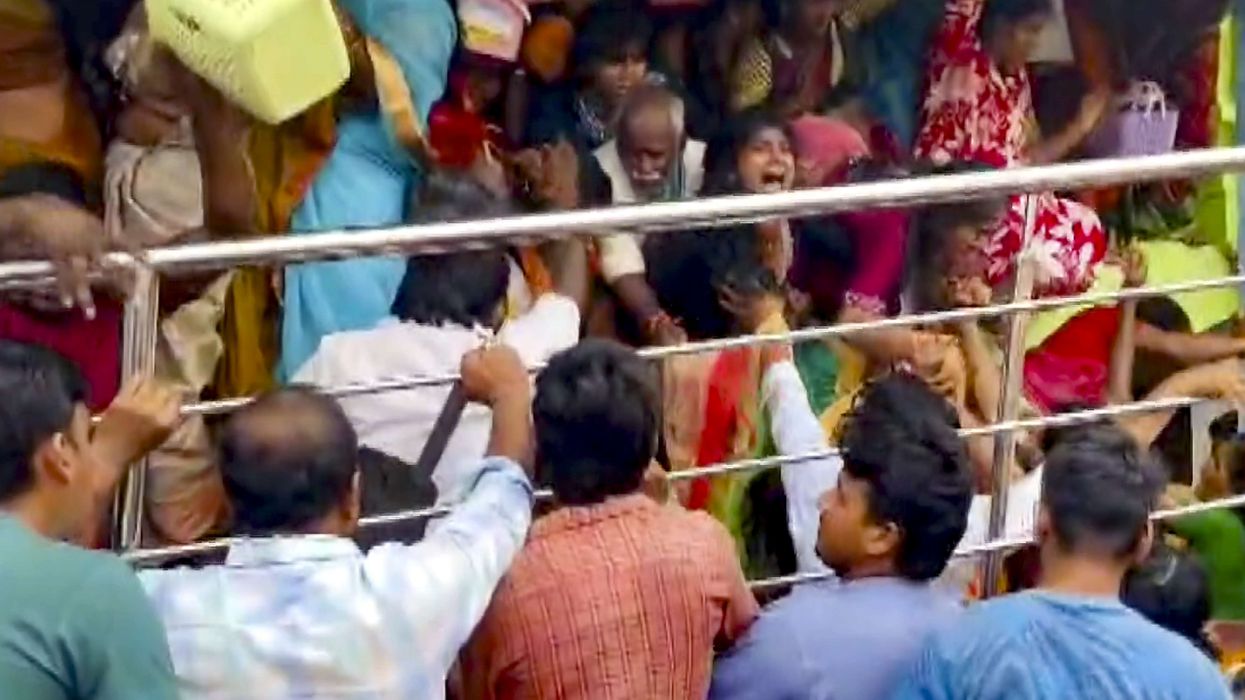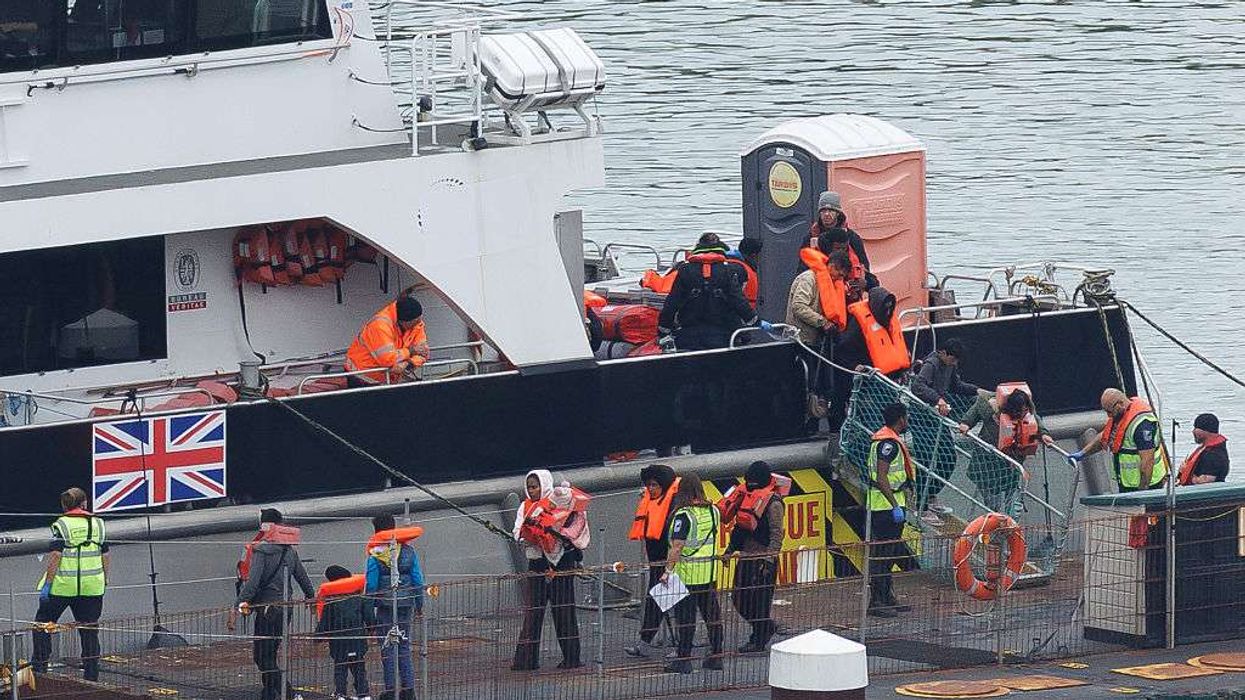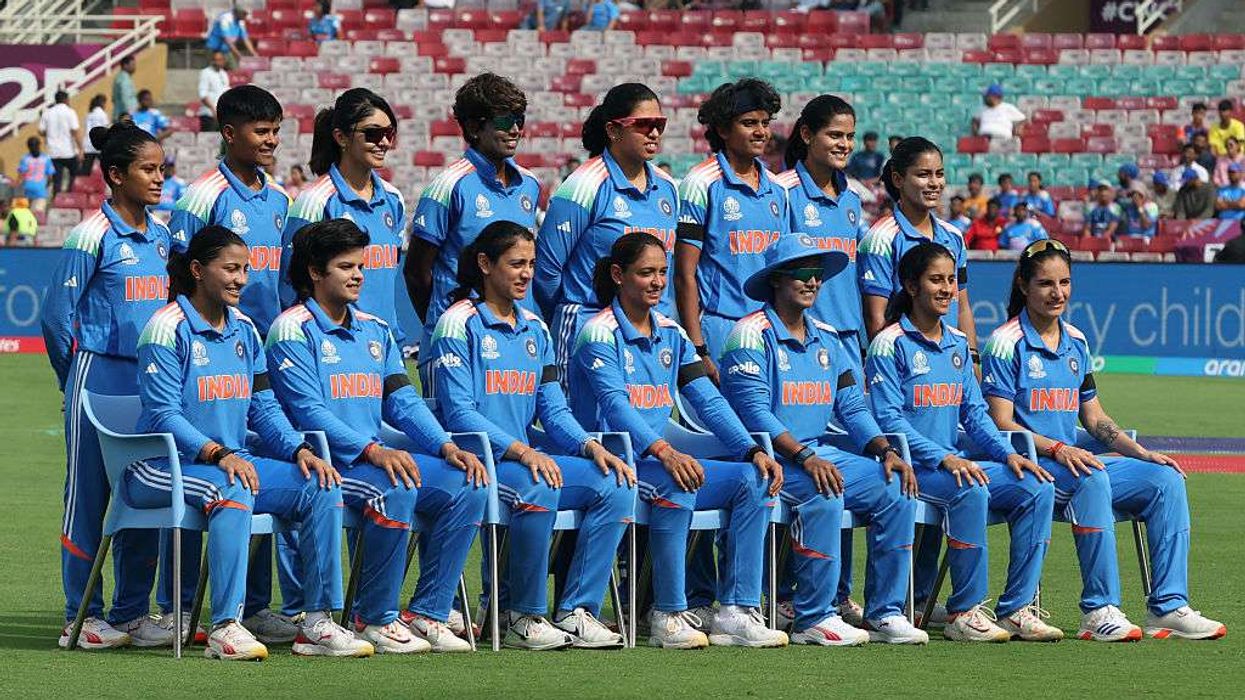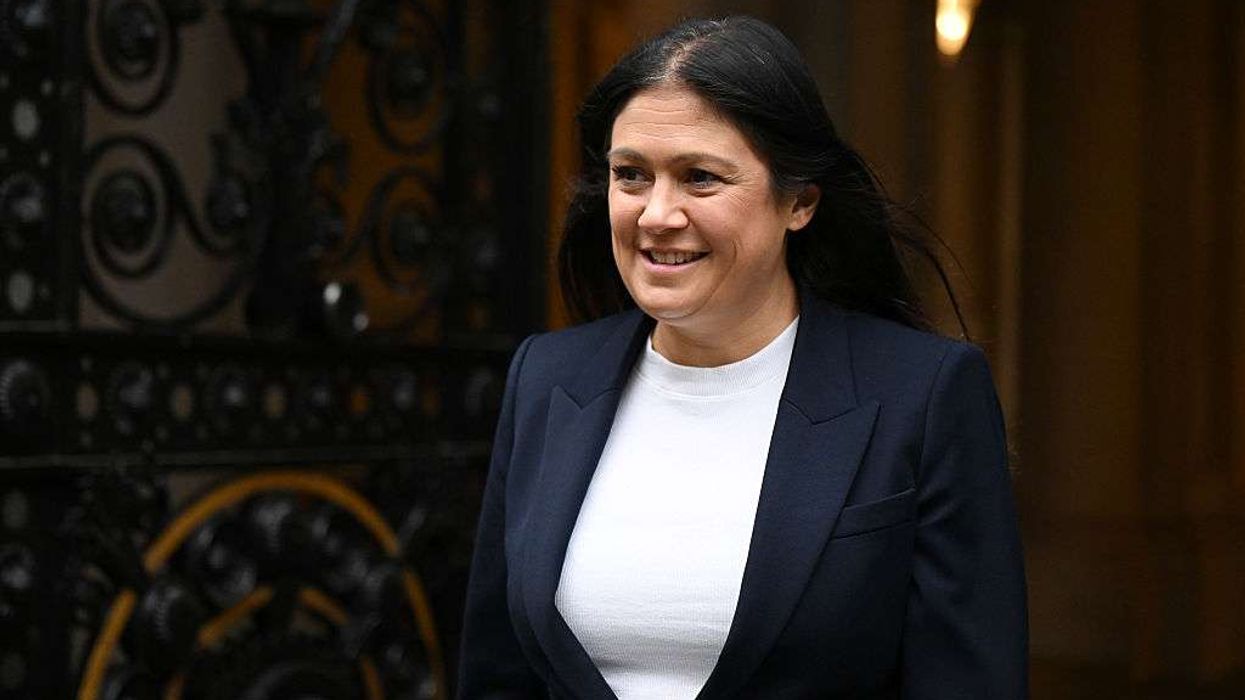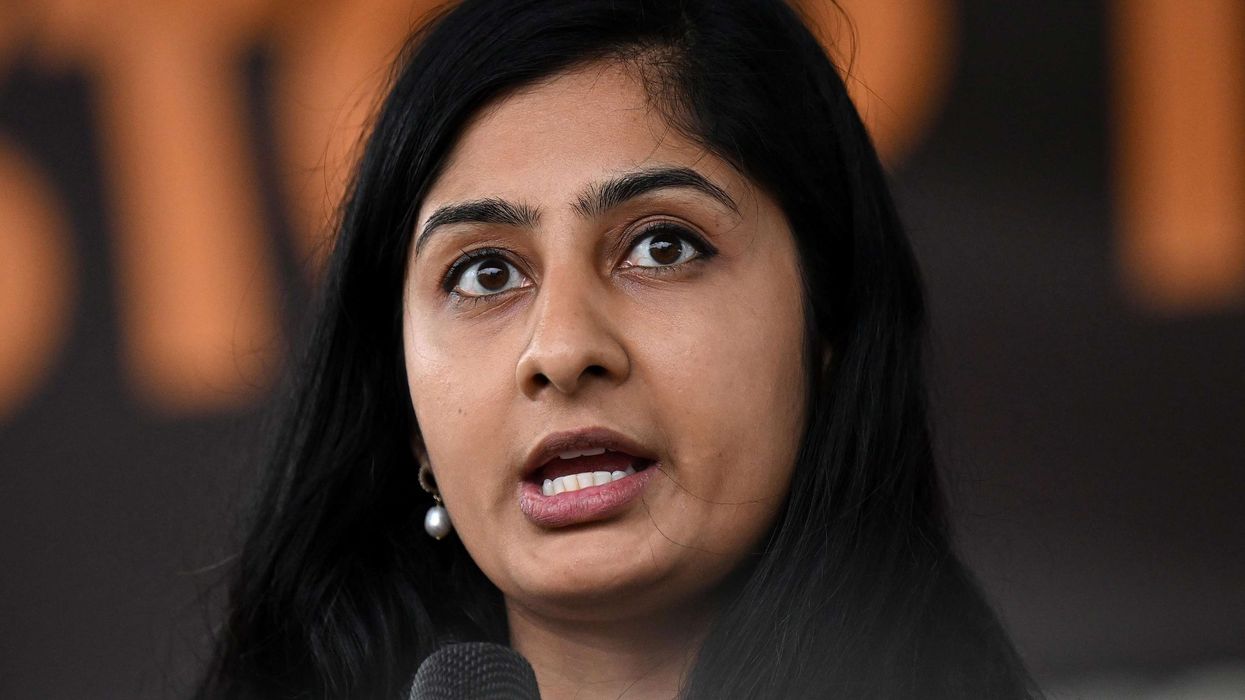INDIA on Monday accused Pakistan of “nuclear sabre-rattling” and “irresponsibility” after media reports quoted Pakistan Army chief Field Marshal Asim Munir as making threats of nuclear conflict during a visit to the United States.
According to reports, Munir told a gathering in Tampa, Florida: “We are a nuclear nation. If we think we are going down, we will take half the world down with us.” The remarks were reportedly made on August 10 at a black-tie dinner hosted by a Pakistani-origin businessman, attended by more than 100 people. Reuters could not independently verify the comments, and excerpts of Munir’s speech shared by Pakistani security officials did not include the “nuclear nation” line.
Munir, who is on an official visit to the US, also told the Pakistani diaspora that Kashmir was the “jugular vein” of Pakistan and “not an internal matter of India but an incomplete international agenda”. He said Pakistan would not forget the issue of Kashmir and asserted that any Indian aggression would be met with a “befitting reply”.
ALSO READ: India claims downing six Pakistani jets in May clashes
In his address, Munir said, “The (Indian) aggression has brought the region to the brink of a dangerously escalating war, where a bilateral conflict due to any miscalculation will be a grave mistake.” He claimed Pakistan had responded “resolutely and forcefully” during the recent conflict with India and warned that Islamabad would target Indian infrastructure if New Delhi restricted water flow to Pakistan.
The Pakistani army said Munir attended the retirement ceremony of outgoing US Central Command chief General Michael E Kurilla and met senior US military officials, including Chairman Joint Chiefs of Staff General Dan Caine. He also engaged with Pakistani community members, urging them to contribute to attracting investment to Pakistan.
India’s Ministry of External Affairs (MEA) said: “Nuclear sabre-rattling is Pakistan’s stock-in-trade. The international community can draw its own conclusions on the irresponsibility inherent in such remarks.” The ministry added that it was “regrettable that the reported remarks should have been made while in a friendly third country” and reiterated that India would not give in to nuclear blackmail.
ALSO READ: What is Operation Sindoor, India's strikes in Pakistan?
The Congress party also condemned Munir’s statements, calling them “dangerous, provocative, and totally unacceptable.” Congress general secretary Jairam Ramesh criticised the US for extending special treatment to Munir, noting his earlier visit to the White House for a luncheon hosted by President Donald Trump in June. “It is bizarre that the US establishment is giving such a man such special treatment,” Ramesh said.
India and Pakistan, both nuclear-armed, have fought multiple wars and most recently clashed after a May attack on tourists in Indian Kashmir that killed 26 civilians.
(With inputs from agencies)
